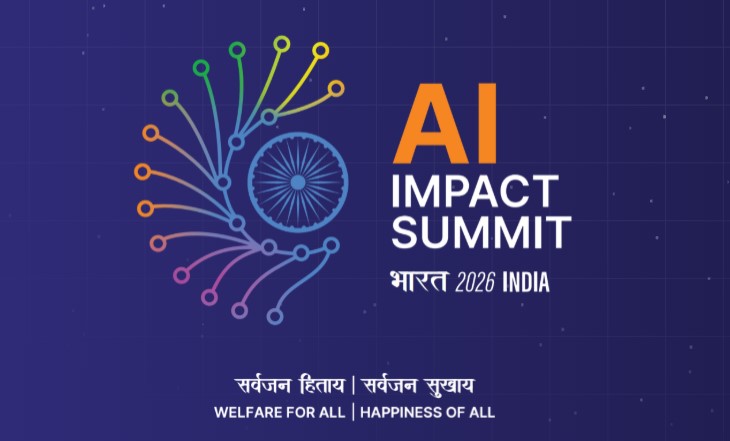US chipmaker Nvidia unveiled partnerships with Indian computing and infrastructure firms at the AI Impact Summit in New Delhi, as technology companies announced fresh investments. The agreements aim to expand AI data centre capacity and bolster India’s position in the global AI race.
Larsen & Toubro said it would work with Nvidia to build what it described as India’s largest gigawatt-scale AI factory, with planned sites in Chennai and Mumbai. Nvidia is also partnering with Yotta Data Services, which plans to deploy more than 20,000 Blackwell processors as part of a $2 billion investment.
The summit has drawn dozens of world leaders and ministerial delegations to discuss AI’s economic potential and associated risks, including job displacement and misinformation. India recently rose to third place in Stanford University’s annual AI competitiveness ranking, behind only the US and China.
Other deals followed. The Adani Group pledged $100 billion by 2035 for hyperscale AI-ready data centres, while Microsoft outlined plans to invest $50 billion to expand AI adoption in developing markets. Anthropic and Infosys also agreed to collaborate on AI agents for the telecoms industry.
Indian Prime Minister Narendra Modi and leaders, including Emmanuel Macron and Luiz Inacio Lula da Silva, are expected to issue a joint statement on AI governance. Analysts caution that nonbinding declarations may shape norms, but rapid industry advances could outpace legislative safeguards.
Would you like to learn more about AI, tech, and digital diplomacy? If so, ask our Diplo chatbot!










